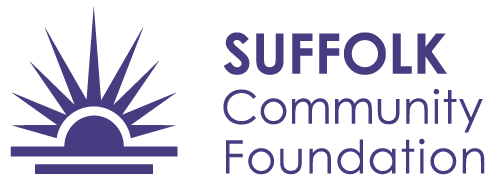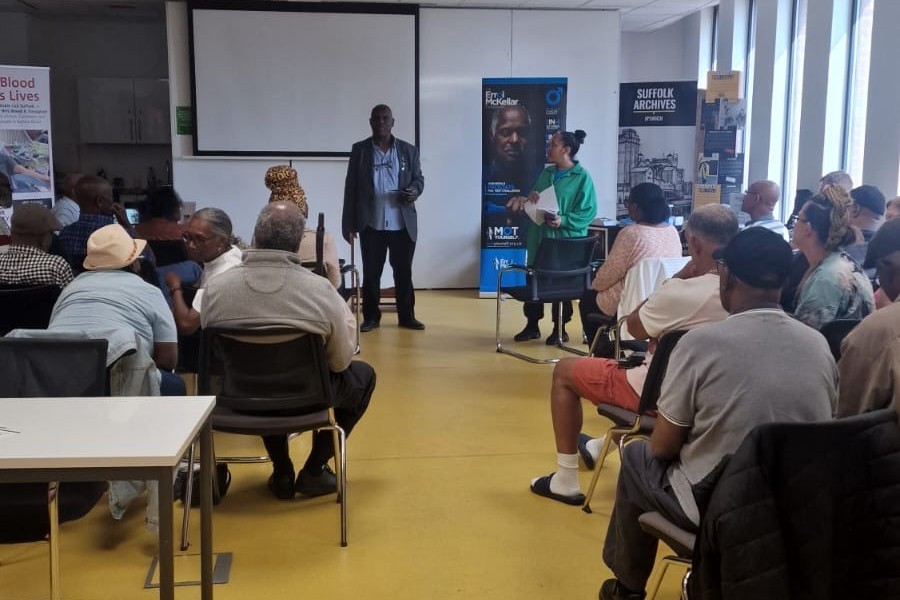The HOOTSCAP project, run by CACHSF and funded by the SNEE ICB Cancer Community Partnership Fund, delivers culturally tailored, community-led cancer awareness and prevention initiatives for Black and Minority Ethnic (BME) communities in Suffolk, who often face entrenched health inequalities.
Approach and Model:
CACHSF works through trusted partnerships with NHS staff and local community ambassadors, creating safe, accessible spaces for open discussion about cancer. Their initiatives aim to dispel myths and help individuals take informed steps toward prevention and early detection.
Key components of the model include:
- In-person talks covering a wide range of cancers (prostate, breast, cervical, testicular, bowel, lung) and topics such as diet, mental wellbeing, and exercise.
- 1:1 advocacy and support for navigating healthcare systems, booking tests, and attending appointments.
- The ‘Buddy System’, which allows attendees to attend cancer screening appointments with support—a critical resource for individuals facing language barriers or healthcare anxiety.
The Need:
Research and lived experience show that people from African, Caribbean, and other BME backgrounds are more likely to experience delayed cancer diagnosis and poorer outcomes. CACHSF identified barriers including:
- Fear and stigma
- Language barriers
- Mistrust of mainstream healthcare
By addressing these challenges, the project tackles not only a health knowledge gap but also a justice gap, challenging the systemic exclusion of marginalized communities from equitable healthcare access.
Impact:
- Over 200 individuals directly engaged through six targeted community cancer talks and outreach events at trusted venues such as churches, mosques, and community centres.
- Talks led by health professionals and supported by cancer survivors, fostering trust and relatability.
- Dedicated part-time project coordinator providing ongoing 1:1 support, particularly for those whose first language is not English.
- Measurable outcomes include a 25% increase in GP test attendance, higher participant confidence in recognising symptoms, and improved engagement from groups previously disengaged due to cultural stigma or language barriers.
Conclusion:
The HOOTSCAP project is a grassroots-led, culturally competent initiative with life-saving outcomes. It demonstrates how inclusive, community-anchored healthcare can dismantle cultural and institutional barriers, prevent ill health, and save lives.

